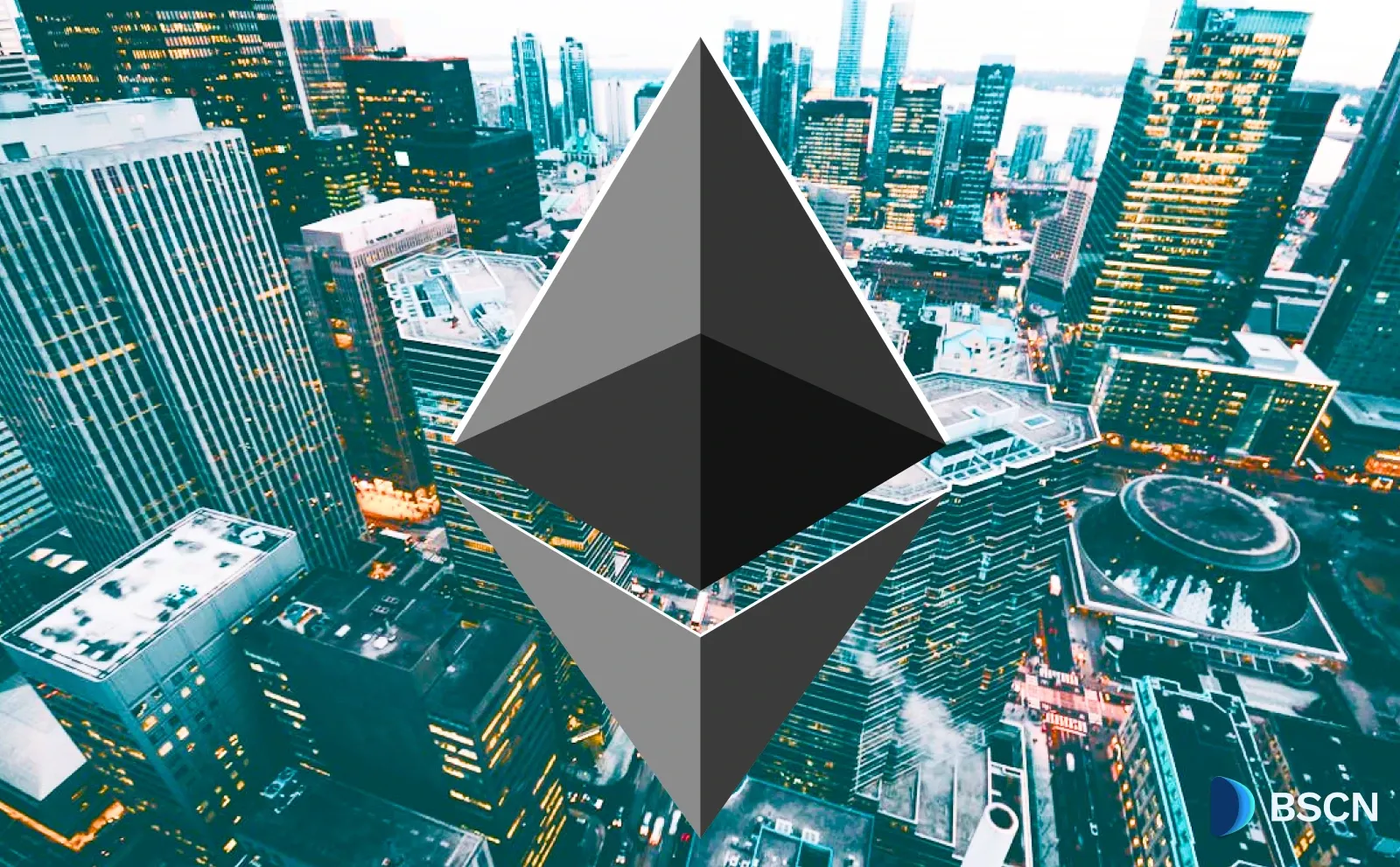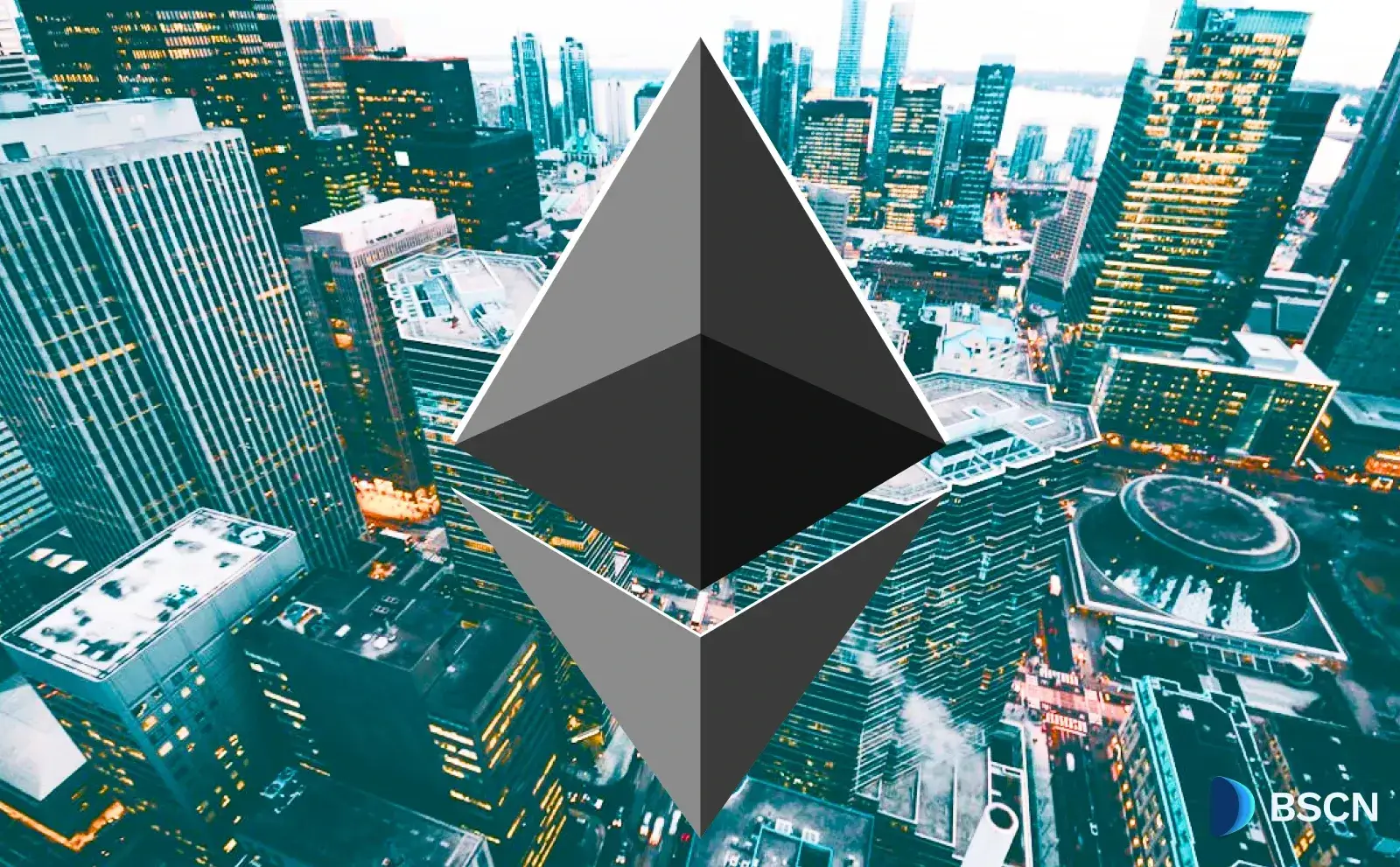A Warning Light for Crypto Security: The Shadow of Quantum Computing’s “Q-Day”

Quantum computing advancements raise concerns over current crypto security, prompting industry shifts toward post-quantum protection and updated blockchain standards.
BSCN
November 19, 2025
The cryptocurrency market is once again approaching a major technological turning point. Recent global news outlets have reported that Google’s next-generation quantum computer, Willow, may have the capability to break existing cryptographic algorithms—raising concerns among investors. If the security systems that underpin cryptocurrencies are compromised, the entire market could be shaken. Against this backdrop, even information related to early-stage investment opportunities—such as coin presale recommendation—is expected to shift. Projects in the presale phase are increasingly emphasizing stronger security technologies than those used in traditional blockchains as they work to build investor confidence.
Quantum Computers Shake the Foundations of Cryptocurrency
Bitcoin’s security is rooted in complex mathematical problems. More specifically, it relies on the Elliptic Curve Digital Signature Algorithm (ECDSA), a system that requires an enormous amount of computational power to break. With conventional computers, such decryption is virtually impossible. However, the situation changes with the arrival of quantum computers. Using a quantum computing method known as Shor’s Algorithm, these machines could potentially crack today’s cryptographic systems at high speed.
If a quantum computer were to secure a sufficiently large number of qubits in theory, it would become possible to reverse-engineer Bitcoin’s private keys. The industry refers to this point in time as “Q-Day.” Although Q-Day has not yet arrived, the growing possibility of it becoming a reality is creating tension across the market.
Google’s Willow project is a prime example that brings these concerns into focus. In 2024, Google demonstrated a computational speed in its experimental phase that was over a million times faster than existing supercomputers, and in 2025, it has begun testing for commercialization. Researchers predict that “once quantum error correction technology reaches maturity, quantum systems capable of practical cryptographic decryption will emerge.”
Such developments are sounding alarms not only for investors but also for governments, security agencies, and the financial sector worldwide.
Market Anxiety and Response Measures
The pace of advancement in quantum computing is having an immediate impact on investor sentiment. Some investors are cashing out long-term holdings or reshaping their portfolios toward emerging projects with enhanced security. Major exchanges are reviewing asset protection policies to prepare for potential security risks, while several blockchain foundations are actively pursuing their own security upgrades.
A key response is Post-Quantum Cryptography (PQC). PQC uses new mathematical structures designed to remain secure even against quantum computations. Since mid-2024, the U.S. National Institute of Standards and Technology (NIST) has been actively working on standardizing PQC algorithms, and some global security companies as well as cryptocurrency developers are either applying or testing them. While PQC-based blockchain signature structures involve higher computational complexity than traditional methods, they are considered one of the most promising existing technologies for countering quantum threats.
In particular, cryptocurrency projects in the presale phase are promoting these security technologies as a key differentiator. The term “Quantum-Resistant” has begun to appear in token whitepapers, and developer communities are actively discussing the potential application of quantum random number generators, hash-based signature algorithms, and lattice-based cryptography. This trend goes beyond mere technological advancement; it also serves as a strategy to build investor confidence.
The Flow of Technological Innovation Shifts the Presale Market
The presale market has always been both a “market of opportunities” and a “market of risks.” However, with the advent of the quantum era, its character is changing rapidly. It is no longer just new ideas or token economic models that matter—security itself is emerging as a key factor in investment decisions.
Many recently launched presale projects are integrating enhanced security modules into the fundamental structure of their cryptocurrencies. Some are designing entirely new key management systems, introducing wallet architectures capable of withstanding quantum attacks. For example, a U.S.-based startup is testing a blockchain that applies CRYSTALS-Dilithium, one of the PQC standards proposed by NIST, instead of traditional signature algorithms. Another project has implemented an authentication protocol that uses quantum-generated random numbers during node-to-node communication, minimizing the risk of data tampering.
The advancement of security technologies is serving not merely as a means of risk mitigation but as a new driver of innovation. In the realm of digital assets, such as NFTs, technological innovation is unfolding rapidly, and projects are increasingly aiming to achieve both performance and efficiency. While “speed” and “scalability” were once the primary competitive factors, “security” and “sustainability” have now emerged as key priorities.
The Cryptocurrency Ecosystem Preparing for the Quantum Era
Governments and regulatory agencies worldwide are also acting swiftly. The European Union (EU) officially announced a Post-Quantum Cryptography (PQC) Transition Roadmap in early 2025, detailing security transition plans for digital assets, including the blockchain industry. In the United States, the National Security Agency (NSA) has formalized PQC adoption through its CNSA 2.0 policy, publishing guidelines on transition timelines and algorithms. South Korea’s Ministry of Science and ICT is likewise advancing pilot projects for quantum cryptography communication infrastructure and PQC transition, establishing a comprehensive response framework across both public and private sectors.
Similar initiatives are emerging in the private financial sector. Global banks, including HSBC, are conducting pilot projects that apply PQC technology to tokenized asset transfers and network segment security, thereby raising the overall security level of digital assets. These efforts go beyond merely strengthening cryptocurrency security—they are extending toward enhancing the trustworthiness of the entire financial network.
New Threats, and Another Opportunity
Market participants are increasingly viewing this shift not merely as a crisis but as a turning point. The emergence of quantum computers disrupts the existing order while simultaneously creating new opportunities for the industry.
Blockchain security companies are expanding their businesses into new areas, including quantum random number generation, PQC-based signatures, and hybrid cryptographic systems. Some are already offering data security solutions that combine artificial intelligence (AI) with quantum technologies, drawing attention as core technologies for next-generation Web3 infrastructure.
From an investor’s perspective, these changes do not represent mere risks. Projects with a strong technological foundation capable of leading the quantum era could, in fact, offer new revenue opportunities. Identifying such projects in their early stages may prove to be a decisive advantage in future markets.
The cryptocurrency market has evolved over the years by navigating numerous crises and changes. From surges in mining difficulty and exchange hacks to tightening regulations and the NFT and DeFi booms, it has built both technology and trust through every challenge. Once again, the market is adapting to the unknown challenge posed by quantum computers. Although Q-Day has not yet arrived, its shadow is already clearly cast across the horizon of the blockchain industry.
Read Next...
Disclaimer
Author
 BSCN
BSCNBSCN's dedicated writing team brings over 41 years of combined experience in cryptocurrency research and analysis. Our writers hold diverse academic qualifications spanning Physics, Mathematics, and Philosophy from leading institutions including Oxford and Cambridge. While united by their passion for cryptocurrency and blockchain technology, the team's professional backgrounds are equally diverse, including former venture capital investors, startup founders, and active traders.
Crypto Project & Token Reviews
Project & Token Reviews
Comprehensive reviews of crypto's most interesting projects and assets
Learn about the hottest projects & tokens




















